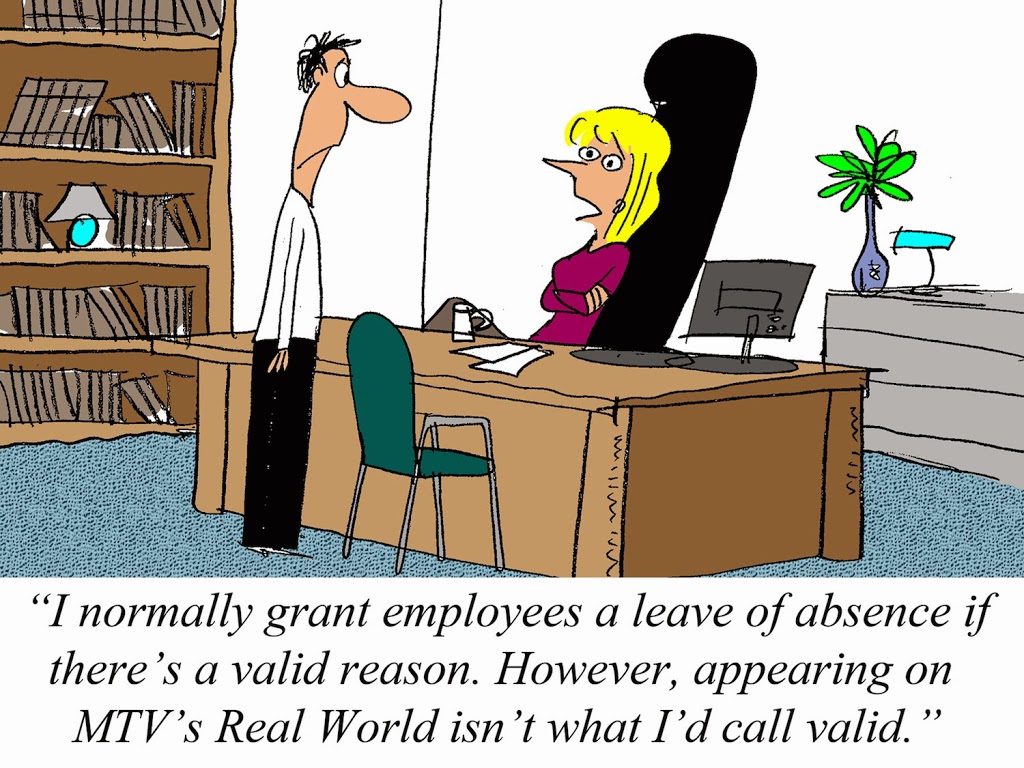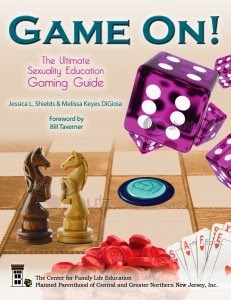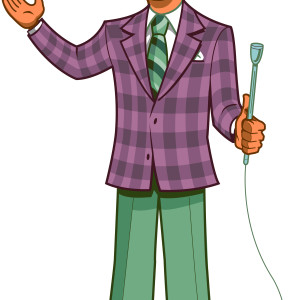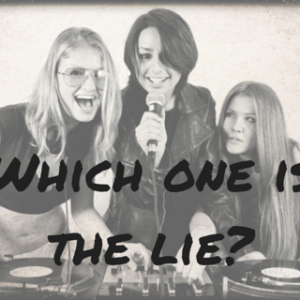I was flipping through lesson plans, looking for something on adoption to note National Adoption Month, when this activity leapt out of the table of contents and demanded that I pay attention. I mean, National Adoption Day is still a week or so away, and how on earth could I pass up something about reality TV?
I was part of the advent of reality TV in the United States as we currently know it. I tuned in every week to watch the first season of Survivor…with Colleen and Jarvis and Richard Hatch. Richard took it all in the end and gave rise to a very cynical approach. (Not to say it wouldn’t have arisen all on its own…just that it was notable for the first reality TV winner in the US to use backhanded, sneaky means to win.) Most reality TV now is too over-blown, over-the-top, obnoxious for me now. I will admit to an abiding love of Project Runway. But it’s about the clothes, not the drama. Really.
Anyway…back to the lesson…it’s from Game On.
____________________________________________________
A SO-CALLED REALITY: Examining Conflict in Relationships
by Alethea Thompson an Orlando Perez
Objectives:
By the end of the session, participants will be able to:
- Identify four core qualities of healthy relationships.
- Identify behaviors that contribute to conflict and those that resolve conflict.
- List solutions for dealing with a conflict situation.
Rationale:
Reality television shows such as Big Brother, Jersey Shore, and the Real Housewives have become wildly popular during the past decade. The reality genre is popular among adolescents, who tend to spend about three hours a day watching television. Unfortunately, reality programs tend to demonstrate unhealthy behavioral scrips such as interpersonal conflict, manipulations, and miscommunication among cast members instead of open communication and healthy relationships. Media is cited by teens as a source of sexual information that rivals schools and parents, and can be a powerful tool to examine interpersonal relationships and communication. In this lesson, participants will engage in a mock reality show in which cast members try to resolve a conflict situation. They will examine healthy and unhealthy behaviors and develop ideas to resolve conflict.
____________________________________________________
Pretending like you’re on a reality TV show?? Can a class get any more fun? There are house rules, personality outlines for house members, and reality scenarios that the people in the household have to muddle through. The audience gets to vote people out of the house.
I want someone to do this lesson for ME! I would want to be Deidre. She is “Ms. Truthful. She thinks honesty is the best policy, even if it hurts another person’s feelings. Deidre is one of the most honest and straightforward people in the Community House.” We could do Scenario One: “It’s 2am. Most of the House Members are asleep. However, someone is playing music too loud. The sound of the bass pounding wakes up everyone. Deidre comes out of her bedroom, and walks into the living room and yells, ‘Who’s playing all that music. I can’t sleep! House meeting NOW!’ House members join in the living room to have an impromptu meeting.”
So. Much. Fun.
(Okay, yes, and educational too! With this lesson plan built into a framework of relationship theory, with engaging and though provoking discussion questions and discussions, it just works. Many learning theorists posit that in order to be effective, learning has to be fun or you lose your students. This lesson plan delivers on exactly that point.)







